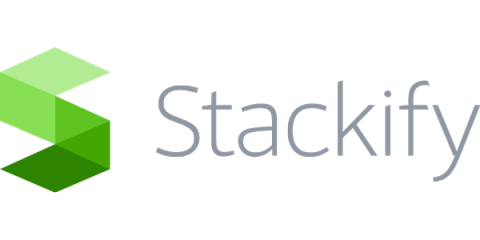A Rubyist's Introduction to Character Encoding, Unicode and UTF-8
Have you ever dealt with a unicode bug? Where plain text — the substance you work with all day — can no longer be trusted? It can be disorienting to say the least! This article will help prepare you so that the next time that happens you’ll be able to spend less time hyperventilating and more time troubleshooting.











